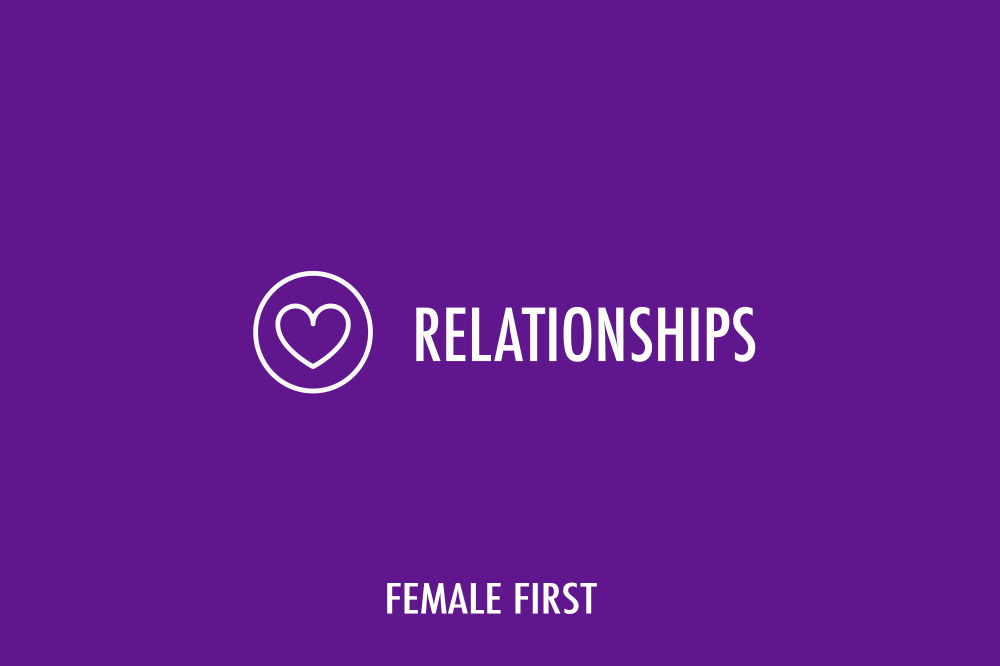Commitment is the part of a relationship that provides safety and security, so that couples can express their thoughts, feelings, and desires openly. It offers couples a sense of being part of a team and a desire for a shared future.

Relationships on Female First
A report looking at the state of the nation’s adult couple relationships was released last week. It Takes Two, commissioned by Relate, Relationships Scotland and Marriage Care, polled 5,000 people about their couple relationships. Not surprisingly, commitment was highlighted as one of the three most desired components of a good, healthy relationship, along with trust and good communication.
Every partner in a healthy relationship should, ideally, invest equal effort when it comes to commitment, in order for it to stay strong. So, what can you do if you find yourself in a relationship where you feel your partner is not as committed as you?
Jenny Porter, relationship counsellor and Director of Client Services for Marriage Care shared some tips to consider.
Start by identifying what your concern is about. What is your partner doing or not doing that is causing you to feel this way? This is really important because it may provide clues as to what needs addressing in the relationship.
Establish whether your commitment concerns are perception rather than reality. We can feel our partner isn’t as interested as we are, but sometimes this is just our own insecurity. Be honest with yourself; are you expecting too much from your partner or are your concerns valid?
Before you talk to each other, do be aware of your own relationship goals. Be clear about how you would like the relationship to progress before you broach the subject. For example, do you want to move in together or get engaged, or would you just like to spend more time together?
Are you being realistic? If you’ve only been dating for a couple of months it might not be the right time to start talking to your boyfriend/girlfriend about moving in together or getting married.
Communication is key! Once you’ve established all of the above, it’s time to talk to your partner. It may be that they are unaware of your concerns - by talking it through with each other you can establish what each of you needs from the relationship and work on strengthening commitment together.
If your concern is about lack of intimacy, it may be that you need more than your partner does. Lots of couples do have differing libidos, in which case it is about finding a midway point that you can both feel happy with.
If you feel you are taking on all of the responsibility of the relationship, constantly trying to spark interest or evidence of commitment from your partner, this can leave you feeling exhausted and can sap your self-confidence. Again, communication is key. Explain your concerns to your partner and discuss what you believe needs to change.
If you feel your partner is not committed to spending enough time with you, then look critically at the time you both have available to spend together. Is it that your partner’s job is more demanding? Maybe he/she is involved in a hobby that takes up a lot of their time and you’re left feeling second best? In these instances, it may be about ‘if you can’t beat them join them’. Get involved too, if you can. Or if not, find something that you can enjoy. There is nothing worse than sitting waiting for your partner to come home.
Try to talk regularly and stay connected about your hopes and dreams. These topics are future-oriented; talking about the future can strengthen your current commitment.
Finally, remember that we can’t force another person to be ‘more committed’. We can try to address the issue and be proactive about doing things differently, but eventually we may have to accept that our partner isn’t either able or willing to show commitment to us in a way we need.
It can be hard to know when to have the ‘commitment’ conversation in a relationship; however, this report indicates it is one conversation we do all need to have sooner rather than later.
tagged in Partner Relationship
